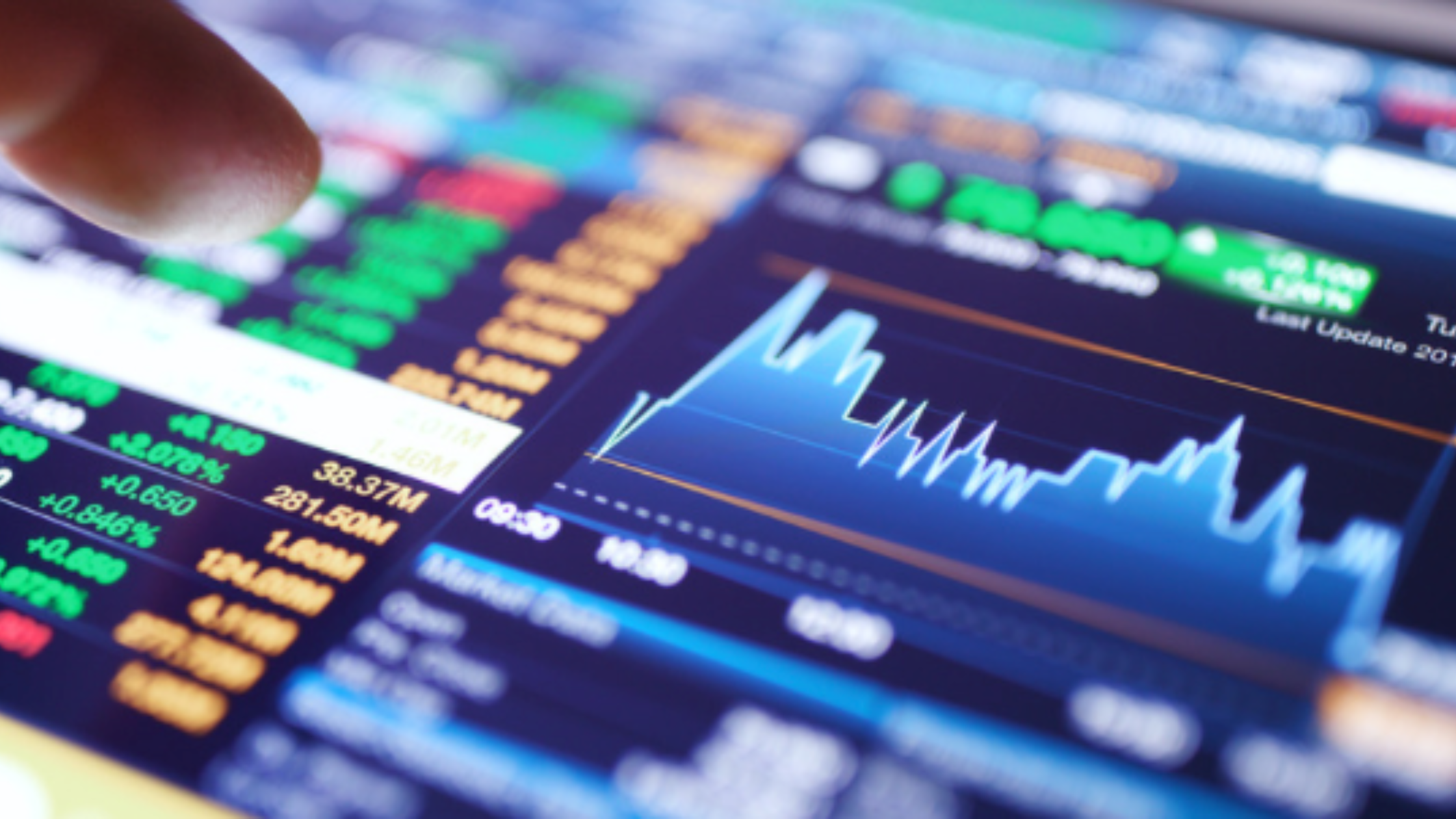3 Reasons I’m Avoiding HSBC Shares
October 5, 2021

In Hong Kong, your typical “blue-chip” bank that many investors look towards has always been HSBC Holdings plc (SEHK: 5).
That’s because it was seen as the DBS Group Holdings Ltd (SGX: D05) of Hong Kong – a reliable and “safe” dividend payer for hundreds of thousands of local investors.
Yet the “world’s local bank” has had a troubling few years. First, issues over a CEO succession plan were then compounded by the Covid-19 pandemic, which led the bank to suspend its dividend in the middle of 2020.
Many value investors, though, are now touting HSBC as a great way to play the “reopening” of the global economy.
Yet that ignores the fact that the bank’s shares have taken an absolute beating over the past decade. In fact, today its share price is down nearly 33% since the end of September 2011.
It’s only with dividends paid out does HSBC’s total return become a positive 10% over the past decade.
Compare that to the Hang Seng Index’s total return of 98.6% or the S&P 500 Index’s 365.4% over the same period and it becomes clear there are many issues with the business.
So, here are three reasons I’m avoiding buying any HSBC shares – even though it may seem tempting for investors.
1. Low return on equity
Return on equity is a widely-used metric for banks, as well as other listed companies, that allows shareholders to see how well management is using capital to benefit shareholders.
For most US banks following the Global Financial Crisis, they’ve managed to up their ROEs to above 10% or more. That has been reflected in share price performances.
Even post-pandemic, many banks are getting back into that range after having suffered a brief dip into the mid- to high-single-digit percentages.
For DBS in its latest quarter, the Singaporean bank recorded an ROE of 12.7%. However, in HSBC’s case, its tangible ROE has been in the mid-single digits for a while.
It actually bottomed at a miserly 3.5% in the second quarter of 2020 but even in the bank’s most recent quarter that number was only an annualised 8.6%.
2. Stubbornly high cost-income ratio
As a bank, you’ve got to be disciplined in how you spend money to make money. A lot of bank’s overheads involve staff costs. That’s a given.
For HSBC shareholders, this has been a point of contention given how high the bank’s cost-income ratio has been for years (effectively it’s the percentage of income that costs make up).
In HSBC’s case, it again is one of the world’s worst in this sense. In its latest second-quarter results, the bank’s cost-income ratio was a whopping 64%.
For most global or regional banks, the cost-income ratio sits in the 30-50% range. As a benchmark, DBS had a cost-income ratio of 43% in its latest quarter.
If anything, it demonstrates HSBC management’s inability to get costs under control despite talking about implementing “efficiency” measures for years.
3. Unreliable dividend
For all its troubles, shareholders have finally got the quarterly dividend reinstated at a level of 7 US cents per share.
However, prior to the pandemic in 2020, the dividend per share (DPS) was stuck at the US$0.51 level since 2015 and had only increased from US$0.41 in 2011.
Going into the pandemic, its high dividend payout ratio of around 80% made it a key risk for shareholders but its “juicy” 7% dividend yield had tempted investors in, much like a Venus flytrap.
Avoiding losers
For investors looking to tap into the enormous potential of the Hong Kong stock market, it’s imperative to avoid the big losers over the long term.
That’s because they have destroyed shareholder capital on a phenomenal scale. While HSBC is just one example, it’s an important reminder for investors not to be lured into a false sense of security if a business has a track record of poor returns over the long term.
Disclaimer: ProsperUs Head of Content & Investment Lead Tim Phillips owns shares of DBS Group Holdings Ltd.

Tim Phillips
Tim, based in Singapore but from Hong Kong, caught the investing bug as a teenager and is a passionate advocate of responsible long-term investing as a great way to build wealth.
He has worked in various content roles at Schroders and the Motley Fool, with a focus on Asian stocks, but believes in buying great businesses – wherever they may be. He is also a certified SGX Academy Trainer.
In his spare time, Tim enjoys running after his two young sons, playing football and practicing yoga.





